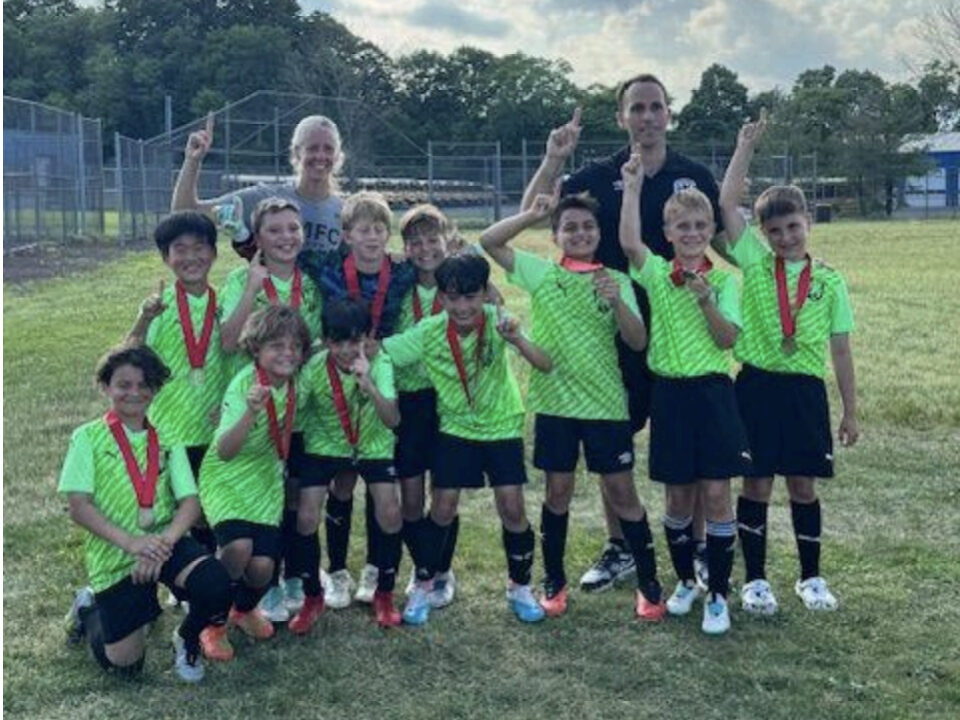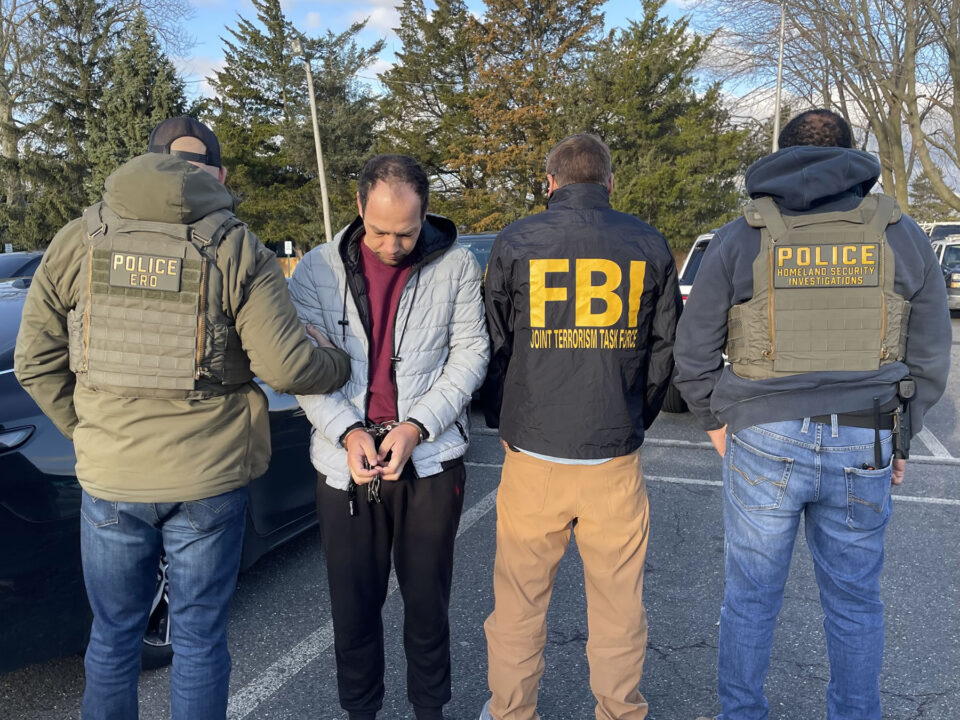
West End Beach Yoga to begin 6/13
June 9, 2020Monmouth County has 8,665 positive cases of COVID-19
June 11, 2020Black Media series part two
Jemele Hill, April Ryan, Jeff Johnson, Butch Graves, and Dorothy Tucker take on how will Black Media will survive. On a Wednesday night, the NAACP hosted a town hall with twenty thousand participants.
In an ever-growing data and technology-driven industry, what is the impact on Black Media? In an evolving media industry, black media must be relevant, authentic, and sustainable.
Some would say our legacy media took too long to reinvent themselves to be relevant or sustain an audience that advertisers would value.
Graves knew his family’s publishing business had to reinvent itself years ago. Their survival plan was to reinvent themselves. As appealing as the print magazine is on the outside and inside, it was not enough to survive in the media industry. The reinvention of their business model was the first step.
“No one buying print anything.”
Black print media must be willing to invest to survive. Millennials access media in a variety of ways, which is why Black Media must reinvent itself. Accept the reality, for you see if they do not, they will not survive.
A woman who claimed to be a second-generation print media business asked how will they support those on the frontlines. Graves repeated, print media will not survive. His advice is not to be ‘tone death’ to the evolution of media. He believes print media will not even be around in 5 years.
Black media should be coming together as another way to survive.
“Not everyone has to do the same things.”
Take for instance Media Take Out or MTO. According to Graves is the largest black media platform for Millennials to access news. Their content is far different than that of BE or other Legacy black media. Which caused Hill to say, they should not be talked at or told what to do, allow them to be included.
Graves and Ed Gordon recommend consolidating Black media minds, content, and talent. You know the adage, ‘there is strength in numbers.” Then it is more probable to monetize black media and survive. However, individual autonomy might be lost or compromised.
“Demand a seat at the table, and be prepared to be in harm’s way to get what we deserve.”
Jeff Johnson believes the issue is the value proposition. The data, the data collected about the readership who access Black Media.
It is how that data is used to drive the audience to Black Media platforms.
Journalists like Hill are contacted by mainstream media to tweet advertisements. She says they want access to her followers.
The NBA and NFL teams have social media staff that are predominantly white. Their jobs are to monitor black twitter for trends and then use those trends to their advantage.
“Mainstream media steals from black twitter all the time.” Hill
Black media must be the platform to grow leaders on the local and national levels. It must value the network, the grassroots network. Johnson used his network to connect a college student to a black female dentist. It took one message in return for over 200 black female dentists to respond. The young sister was partnered with a dentist in Ohio near to where she lives.
Black media must be the arbiter of stories of the diaspora. Push the hard stories like Arbery, Taylor, and now George Floyd, the black man murder on video in Minneapolis.
We have several layers to our diaspora and some if not all must be told, for we are no a monolithic diaspora when it comes to lifestyle, philosophy, economics, education, travel, history, and so many other aspects of society.
“Our stories need to be told to uplift, inspire, to rise out of our condition,” according to Ryan.
After the pandemic what will the new normal mean to black media, to black non-profits, and to black journalists?
Dorothy Tucker, president, National Association of Black Journalists, has 4100 members in the organization. Half of the members have been laid off, furloughed, or missed a promotion since businesses were shuttered in March.
African American History
1790 – Jean Baptiste DeSable, Santo Domingo, French speaking, first settler, founder of the city of Chicago
1831 – The second national Black Convention is held in Philadelphia
1966 – James Mererdith walks in protest from Tennessee to Mississippi for voter registrations rights, when he was shot by a sniper in his leg.
Ms. Martin is an educator, freelance journalist, and 2008 Monmouth University Dr. King Unsung Hero recipient. She can be reached at ourstateofmindgap@gmail.com.




